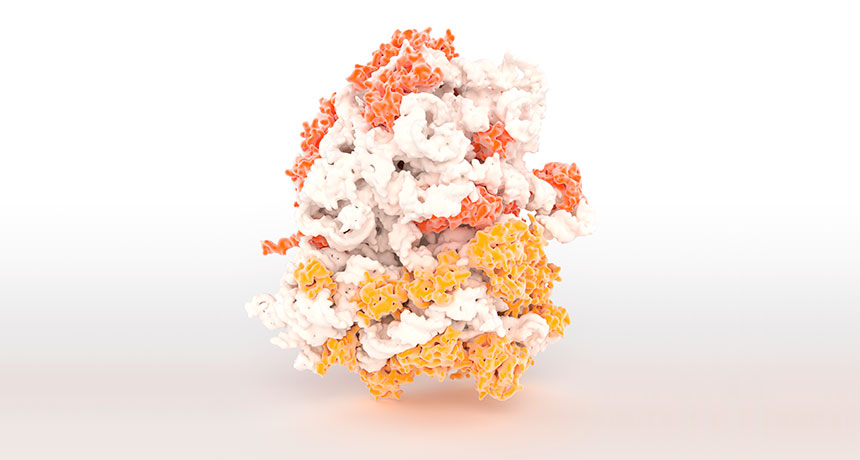
STANDING OUT Scientists used to think that ribosomes, molecular machines that build proteins, are identical and interchangeable. But the micromachines are more diverse than previously thought, new research suggests.
somersault18:24/iStockphoto

STANDING OUT Scientists used to think that ribosomes, molecular machines that build proteins, are identical and interchangeable. But the micromachines are more diverse than previously thought, new research suggests.
somersault18:24/iStockphoto